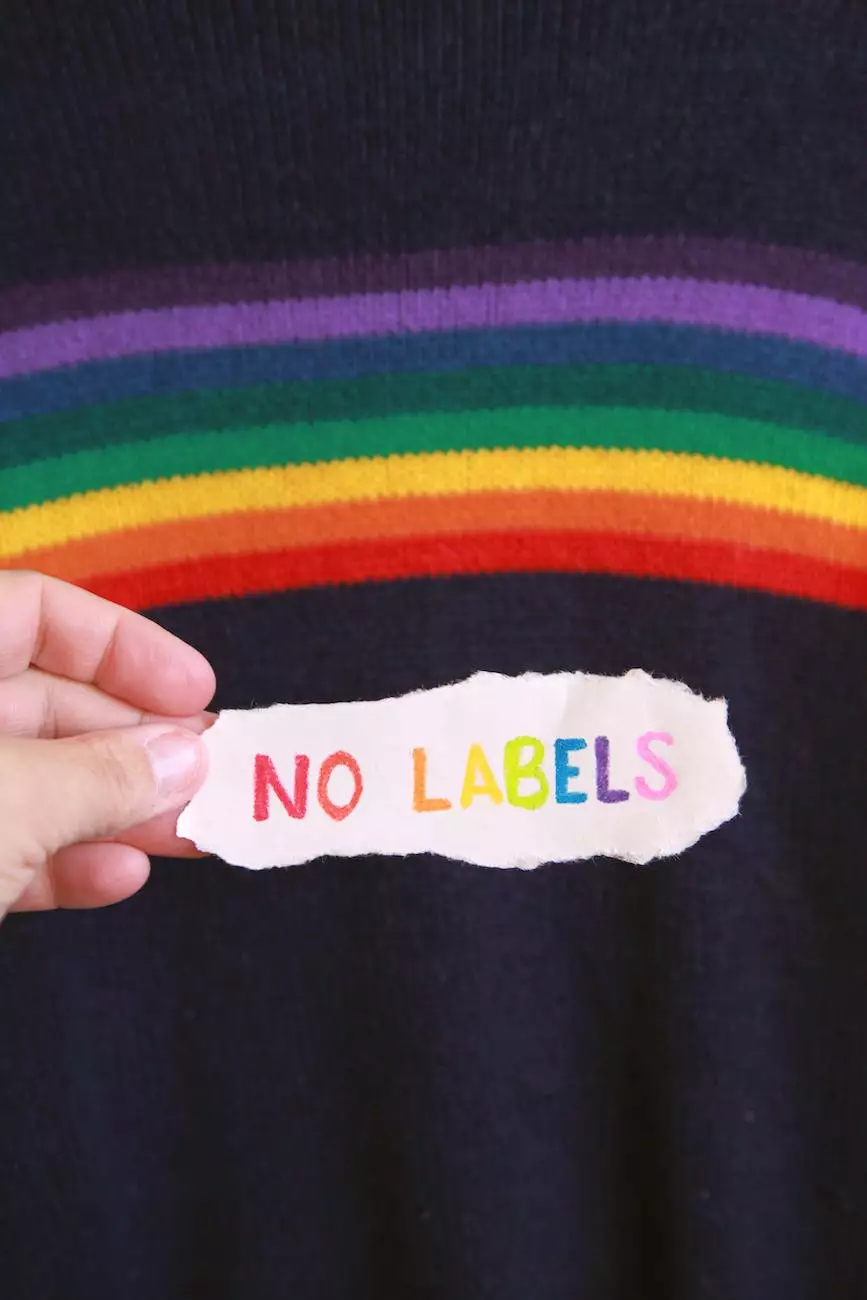One Point English Lesson – Hard vs. Hardly
English Grammar Lessons
In this comprehensive English lesson brought to you by NJCLT, we will delve into the common usage and distinction between two similar-sounding words: "hard" and "hardly". Understanding the difference between these words is essential for improving your English language skills and enhancing your grammar proficiency.
What is "hard"?
The word "hard" is primarily known as an adjective, but it can also function as an adverb. It is a versatile word that can be used in various contexts, making it crucial to comprehend its different meanings and usages.
As an adjective: "Hard" describes something that is firm, solid, or difficult to break. It can be associated with physical objects, substances, or tasks that require effort and resilience. For instance:
- He lifted the hard rock effortlessly.
- I couldn't bite through the hard apple.
As an adverb: "Hard" modifies action verbs and denotes the manner or intensity of an action. It emphasizes the degree of effort or force exerted. For example:
- The team worked hard to complete the project ahead of schedule.
- She ran hard to catch the bus.
What does "hardly" mean?
"Hardly" is an adverb that is often confused with the adjective "hard". However, they have distinct meanings and functions. "Hardly" usually indicates that something happens in an infrequent, barely noticeable, or almost nonexistent manner. Let's explore its usage:
Showing scarcity or rarity: When used in this sense, "hardly" suggests that something occurs very rarely or scarcely. Consider the following examples:
- There are hardly any trees left in the barren desert.
- I hardly ever have time for leisure activities.
Expressing doubt or disbelief: "Hardly" can also convey skepticism or doubt about the truth or possibility of something. It implies that the likelihood is extremely low. For instance:
- I hardly believe that she will agree to our proposal.
- He hardly seems capable of such a magnificent feat.
Differentiating "hard" and "hardly"
Understanding the difference between "hard" and "hardly" is essential to ensure accurate usage and effective communication. Here are a few key points to remember:
- Function: "Hard" can function as both an adjective and an adverb, whereas "hardly" is solely an adverb.
- Meaning: "Hard" typically refers to something that is difficult, solid, or requiring effort. "Hardly" implies scarcity, doubt, or the infrequency of an action.
- Usage: Apply "hard" when describing the physical characteristics of objects or the intensity of an action. Reserve "hardly" when expressing rarity, doubt, or unlikelihood.
Enhance Your English Skills with NJCLT
NJCLT is committed to providing premium English language learning resources to help you master the intricacies of the language. Expand your knowledge and strengthen your grammar proficiency with our comprehensive lessons.
Whether you are a beginner or an advanced learner, our easy-to-understand explanations, detailed examples, and engaging exercises will elevate your English language skills to new heights.
Don't miss out on the opportunity to become a fluent English speaker. Join NJCLT today and embark on an exciting language-learning journey!










